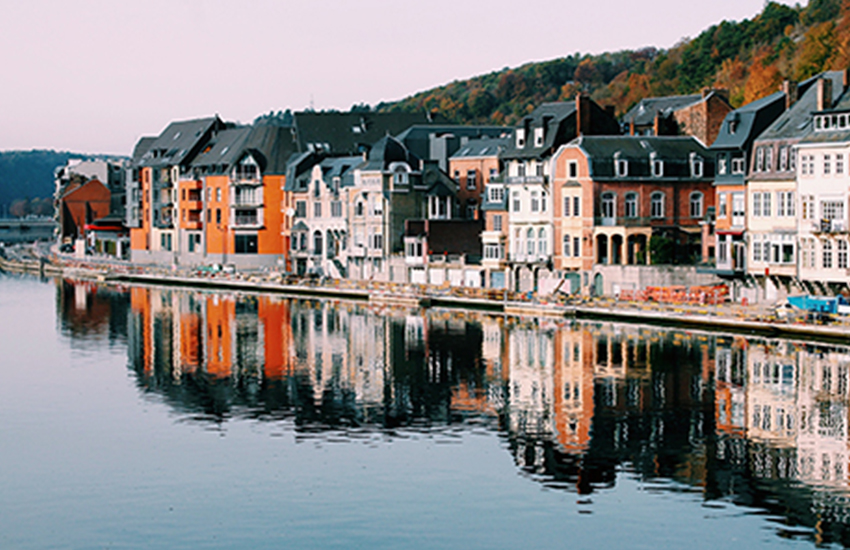New Zealanders have the fourth-largest median wealth per adult in the world, a new report says.
The Credit Suisse Global Wealth Report for 2021 puts Australia at the top of the global rankings of median wealth, measured in US dollars.
Australians had a median wealth per adult of US$238,070 (NZ$339,760) in 2020. New Zealanders, with a median US$171,620, were behind Belgium and Hong Kong.
New Zealands median was up $7180 per adult from the year before. The report said 6.3 per cent of New Zealanders were US dollar millionaires, up from less than 1 per cent in 2000.
READ MORE:* New Zealand’s share market fourth-best performing over 120 years* Owning a New Zealand house can make you one of the world’s wealthiest* Data shows there are 185,000 New Zealanders who’ve hit international ‘millionaire’ status
In aggregate, global wealth rose by US$28.7 trillion in 2020, to reach US$418.3t.
The global number of millionaires increased by 5.2 million to 56.1 million. The ultra-high-net worth group with net worth of more than US$50 million, grew in number by another 24 per cent.
Last year was the first time that more than 1 per cent of all adults were, in nominal terms, US dollar millionaires.
New Zealand has 214,000 people in the top 1 per cent of global wealth and 1.97 million in the top 10 per cent.
Sharon McCutcheon/Unsplash
The report ranks wealth in US dollars, meaning New Zealanders have benefited from the strength in our currency.
Andrew McAuley, chief investment officer for private banking at Credit Suisse Australia, said wealth was measured by adding financial assets available for investment and housing, and taking off debt.
Both Australia and New Zealand had benefited from the strength in their currencies against the US dollar in recent years, he said.
While the trans-Tasman countries had high median wealth, they were further down the table for average wealth New Zealand came in eighth for mean wealth and Australia fourth.
That indicates less wealth inequality in New Zealand and Australia than in other countries.
Private debt had remained constant over the past couple of decades, now at 11.4 per cent of gross assets. But the countrys Government debt rose from 32.1 per cent of GDP in 2019 to 41.3 per cent last year.
McAuley said that in 2000 financial assets such as stocks and bonds were responsible for 65.5 per cent of the countrys gross assets but that had dropped to 54.1 per cent in 2020, as house prices grew.
The report noted windfalls from unplanned savings and prevailing low interest rates led to a revival in housing markets througout the world during the second half of 2020. The net result was a better-than-average year for homeowners in most countries, despite the impact of the pandemic.
McAuley said the countrys wealth should improve further over this year as house prices continued to grow and sharemarkets were strong. Assuming there isnt a crash.
Gareth Kiernan, chief forecaster at Infometrics, said house prices boosted individuals net position but were only a benefit if there was someone there to buy the property at the time it was put on the market. That is more of a risk the further house prices push up.
The experience of the past year was likely to have increased inequality, he said. Those who had investments would have seen their wealth increase but those without would have fallen further behind.
North America, adding US$12.4t, and Europe, adding US$9.2t had the biggest increases in wealth in 2020.
China added US$4.2t and Asia-Pacific US$4.7t.
India and Latin America recorded drops in wealth in 2020. Indias wealth dropped by 4.4 per cent, which the report said was amplified by exchange rate movements.
Recent Posts
- The Solar System is positively lousy with magnetic fields. They drape around (most of) the planets and their moons, which interact with the system-wide magnetic field swirling out from the Sun.
- Pregnant people cannot register for a Covid-19 vaccine prior to 14 weeks’ gestation.
- Mikel Arteta was not consulted over Arsenal’s decision to appear Amazon’s All or Nothing documentary this season
- Singapore should embrace openness and equip the people with the experience and skills to succeed, said Mr Heng.. Read more at straitstimes.com.
- Down on an atomic level, glass is a jumbled mess of atoms, which makes it easily prone to distortion and cracking. Now, chemists have discovered how to arrange the atoms within glass in such a way, the resulting material can even rival the strength o

